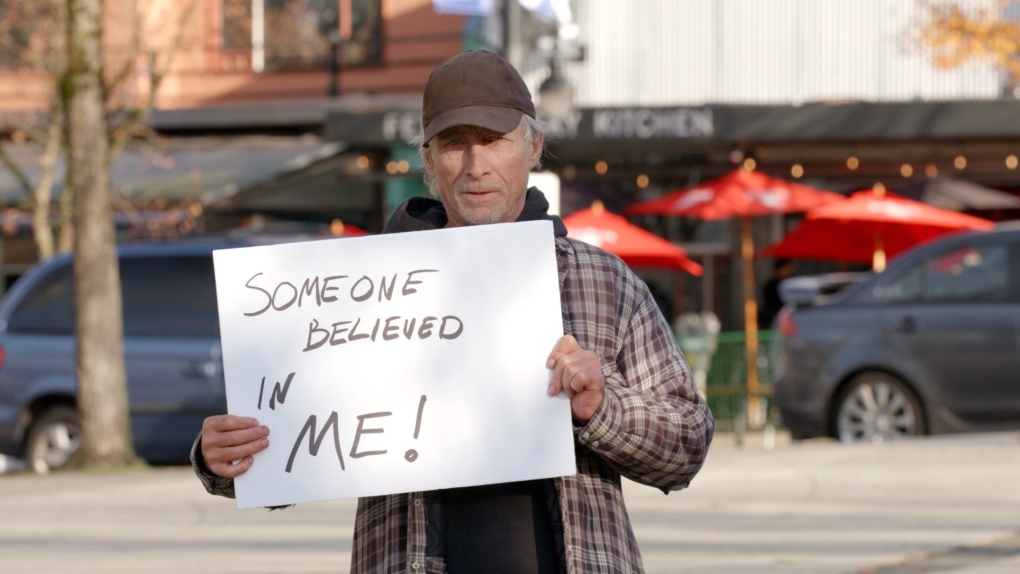Zhao says having data on how people who did get the money actually spent it is something she thinks will help counteract stereotypes, increase empathy and potentially get skeptics and the public on board with the idea of providing cash transfers.
Now that the study is complete, the plan is to replicate it and expand it to other cities in Canada and the U.S.



Did you read the next part as well?
“Still, Zhao says having data on how people who did get the money actually spent it is something she thinks will help counteract stereotypes, increase empathy and potentially get skeptics and the public on board with the idea of providing cash transfers.”
right, but its kinds weird to say "lets give these almost-destitute people money in the hopes that it will create empathy to help those that are actually destitute’… like, were So close!
and honestly, watching these programs for a bit now… its not necessarily the exact resources (money/shelter) you give people with these problems. its the social support network you create around them that really lifts them up. the only way out of these pits are continual, supportive human contact